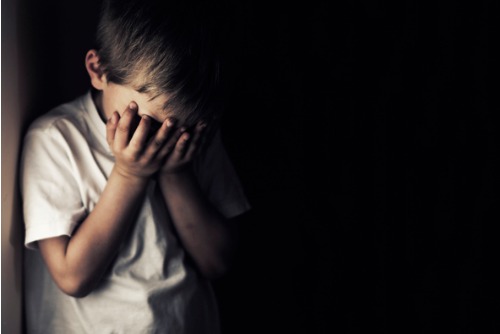
by David Roy
Education systems and staff will need to take note, Federal Parliament has agreed on a motion to support a Royal Commission into the abuse of disabled people and children. Supporting a Royal Commission is not the same as establishing a Royal Commission, but it is the first step, and education will play a significant role.
From the comments of politicians, schools will be a focus, given ABS statistics indicate 336,000 students with a disability attend Australian schools, the majority in public, government institutions.
Over the past 10 years every State and Territory has held Inquiries or Reviews into the treatment of children with a disability in schools. There have been two Senate Inquiries as well as Auditor General reports and whilst Australian education systems have shown real development moving forward in the provision of education for children with a disability since the Salamanca Statement 25 years ago, there have been very disturbing narratives revealed.
Claims of staff assaulting and abusing children with a disability have risen significantly. Children have been caged in schools, unlawfully restrained, tied to chairs, locked in storage cupboards (some as young as three years old), hit, punched, denied enrolment in schools, denied access to the curriculum. In NSW alone in one year (2017/2018) there were 438 allegations against staff of sexual or physical abuse to children with a disability.
Real concerns have been raised across Australia of education systems investigating themselves and too often allegations are hard to prove as unsurprisingly the minority of adults who perpetrate such abuses select to do so when there are no witnesses.
Authorities have also appeared previously to be too willing to ignore concerns. This is why we need a Royal Commission. Sadly, the circumstances are too similar to the same reasons Australia needed the Royal Commission into Institutional Responses to Child Sexual Abuse.
Given the numbers of individuals with a disability (c.20% of the population), the proposed new Royal Commission may be larger, longer lasting and have wider reaching consequences.
A Royal Commission can look at historical abuses but also current practices. This will allow Education systems and other Institutions to both celebrate great practice but also remove the bad apples at all levels and bring redress to the most vulnerable. No longer can silence allow abuse and discrimination to fester. It will also create an evidence base to resource and support staff in true inclusion practices, to end discriminator segregation practices.
Schools are a microcosm of wider society. If Australia is to be the multicultural, inclusive society it aspires, or even claims to be than all citizens need to be treated as equal and be visible. Children with a disability need to be allowed the same opportunities and experiences as children of different genders, language, ethnicity, SES. Schools need to reflect this diversity. We need to see equity in employment of people with a disability in schools and universities and education administration/organisations.
If all children grow up together and see inclusion as the norm; they will carry that forward to the wider world. Having a disability is not a deficit, it is a challenge to overcome the barriers society creates. We need to recognise the assets that children with a disability bring to the classroom, the social cohesion and empathy that inclusion creates for all in a classroom. I doubt I personally would be able to be the educator I have for the past 3 decades if it were not for my Dyspraxia.
This Royal Commission, if fully resourced and implemented will be hard to listen to, but ultimately, if successful will allow Australia to become a world leader in equity and diversity and inclusion.
We need to shine a light on the hidden abuses; to highlight truth; dispel inaccuracies and deal with realities. Unless we face implicit and explicit biases the silence festers hate and discrimination.
David Roy is a lecturer of education at the University of Newcastle


